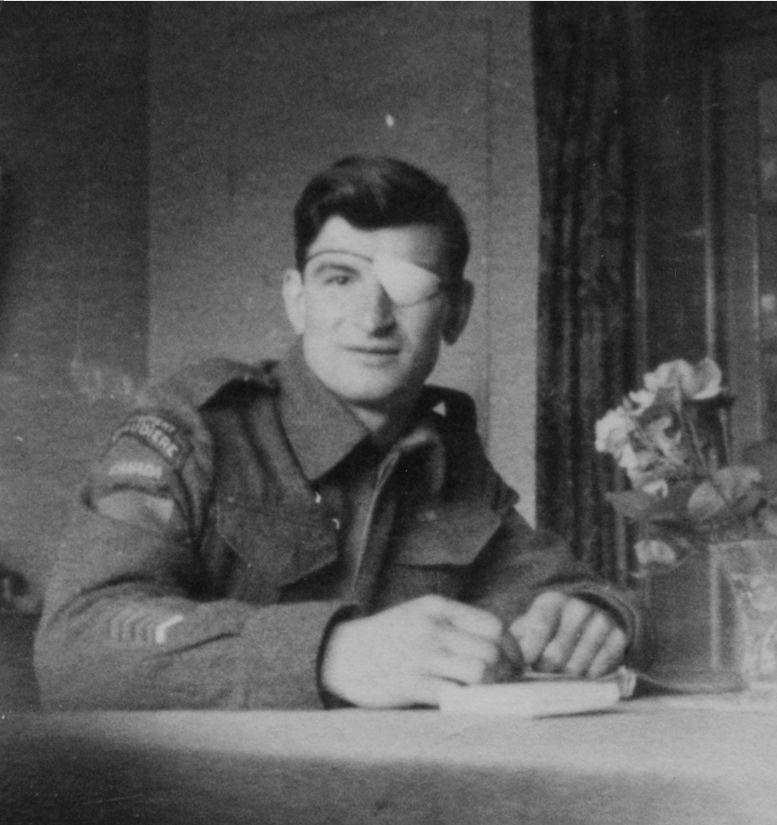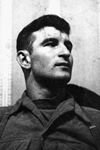With Our Armies Today
By Maj.-General Sir Charles Gwynn K.C.B., D.S.O.
The War Illustrated, Volume 9, No. 216, Page 323, September 28, 1945.
The war having been brought to a successful end it is very important that we should form a correct judgement on the reasons for our initial disasters and our ultimate recovery so far as we ourselves were directly responsible. The main reason for our initial failures was, of course, our unpreparedness for war both as regards armaments and trained personnel. For that, public opinion which pinned its faith on disarmament and on a policy of collective security, which without the support of adequate armaments was bound to be meaningless, must accept responsibility.
The defence department, without the necessary funds and authority, cannot be blamed in the main for deficiencies; and although in matters of detail they made mistakes they were powerless materially to improve conditions. To seek scapegoats among them for the policy which public opinion supported would manifestly be unjust.
Why the War Machine at First Was Driven at Slow Pace
Our ultimate success, we may justly flatter ourselves, was due to the courage displayed by the Nation, the quality of the fighting forces it produced and to the higher direction of the war effort under Mr. Churchill's leadership. But I think it is insufficiently realized that neither courage nor even Mr. Churchill's genius would have effected our great recovery if in some respects we had not been better prepared than ever before in our history to conduct a great war. A system had been produced, and to a large extent perfected, for Government control in war which eliminated many of the disadvantages a democratic nation is liable to labour under in waging war.
It may be admitted the machine was, in the first instance, driven at too slow a pace in the desire that the deficiencies should be made good in an orderly manner and without danger of a breakdown through overloading. But the soundness of the machine was proved when the collapse of France and the disaster of Dunkirk not only vastly increased the load but necessitated driving at a maximum pace. We all agree as to the debt we owe Mr. Churchill for the skill and courage with which he drove the machine, but I doubt if we fully recognize the merits of the machine or the debt we owe to those who kept it in repair and improved it while it was lying comparatively idle before the war. It is, I think, indisputable that the higher direction of our war effort was admirable and markedly superior to that of Germany. There was no question of our having muddled through, though we had to effect amazing recovery.
My contention is that the system on which the higher direction operates and the machinery at its disposal provide the basic reason for our escape from defeat and our ultimate recovery. Nevertheless, the system is now coming under criticism and there are would-be reformers who wish to change it drastically. As they will have many opportunities for airing their views it is fortunate that Lord Hankey, in his booklet entitled Government Control in War, has given us a concise and clear account of the evolution of the system and how it works, together with an answer to some of the chief criticisms that have been directed against it. It is to be hoped that his book will be widely read, for we have had our warning how necessary it is that interest in defence policy should be general and well-informed. It is especially important that we should know how far we should have confidence in the directorate of the war machine, and no one from his wealth of experience is better qualified than Lord Hankey to judge if confidence is justified.
It is impossible in a short article to give an adequate description of the system that has been evolved and has stood the test of war with such remarkable success, but there are some outstanding features that may be noted. The evolution of the system started with the establishment of the Committee of Imperial Defence in the early years of the present century. That, for the first time, brought the Government and its technical advisers together in a systematic attempt to make preparations for war. It was the work of that Committee that to a very large extent was responsible for our prompt and effective intervention in 1914. We were then admirably prepared for the war that had been envisaged, although not for the expansion of the war effort required, nor for its effective control.
As a consequence, there was muddling through and improvisation before, towards the end of the war, under Lloyd George's dynamic leadership the system of control began to develop fully. During the war the Committee of Imperial Defence was suspended, but its highly trained Secretariat formed an indispensable element in the development of the wartime machinery. After the war, however, it resumed its functions and it had to deal with problems of greatly increased complexity, especially with those connected with the advent of air power as a major factor. Air power provided us with a new instrument which might be used independently for offensive action, but it also implied a new menace to our security. Naval power to control sea communications was still our primary requirement, but it was clear that circumstances might arise which would necessitate the employment of the three fighting services in independent roles or, on the other hand, in the closest co-operation. It was also evident that behind the fighting services it might be necessary to develop all the resources of the Nation.
The full system of Government control developed during the 1914-18 war obviously could not be maintained under peace conditions, and the C.I.D. became the caretaking party with the duty of keeping the machinery in order and of effecting improvements necessary to meet new conditions. Perhaps the most important measure taken was the constitution of the “Chiefs of the Staffs Sub-Committee”, supplemented later by combined planning and combined intelligence committees. This, after some initial teething troubles, ensured that not only should the independent roles of the three Services be kept under review but also, what was even more important, their co-operative action.
Flexibility of Our System is One of Its Greatest Virtues
The Chief of Staffs Sub-Committee, in fact, became a super-chief of the Staff in Commission, and its members had joint as well as individual responsibility for advising the Government on war policy. The Prime Minister or his deputy sat as Chairman to the Committee, and no doubt that and the constant and systematic bringing of the heads of the three Services together did much to develop the close co-operation between the Services which war required.
It had been argued that our system relies excessively on committees, involving the dangers of delayed decisions and weak compromises; and that the three Services should be governed by a single Defence Ministry with a single chief of the staff. Even if it were possible, however, to find an individual qualified for the post it is certain that he would be overloaded by the complexities of his task, especially as circumstances may require each of the Services to act independently or in greatly varying degrees of co-operation. The flexibility which our system gives is one of its chief virtues and provides an admirable means of making the best use of specialized knowledge and experience. The proof of the pudding is in the earing, and we have little reason to be dissatisfied with the results. Surely a system which has dealt so successfully with the many complex circumstances of the war should be trusted to deal with the problems raised by the arrival of the atomic bomb.
Index
Previous article
Holland's Gratitude
At Buckingham Palace on August 19, 1945, there were delivered to Their Majesties a letter and a bunch of flowers – the simple gift of Netherlanders who had served in Britain during the war. The flow
Next article
Now It Can Be Told! - Concealed Compasses For R.A.F. Crews
Every R.A.F. man who had to bale out over enemy territory hung on to his compass to the very last – as a means of helping him to find his way across unknown country to safety. Special compasses for





